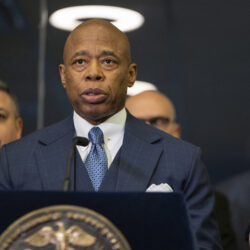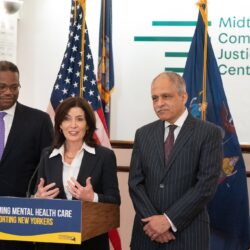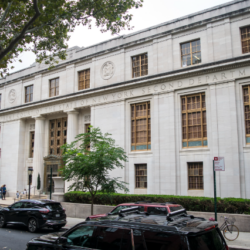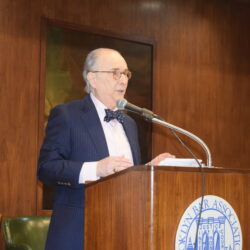
Legal ethics in the age of AI: Insights from the Brooklyn Bar Association and Kaylin Whittingham
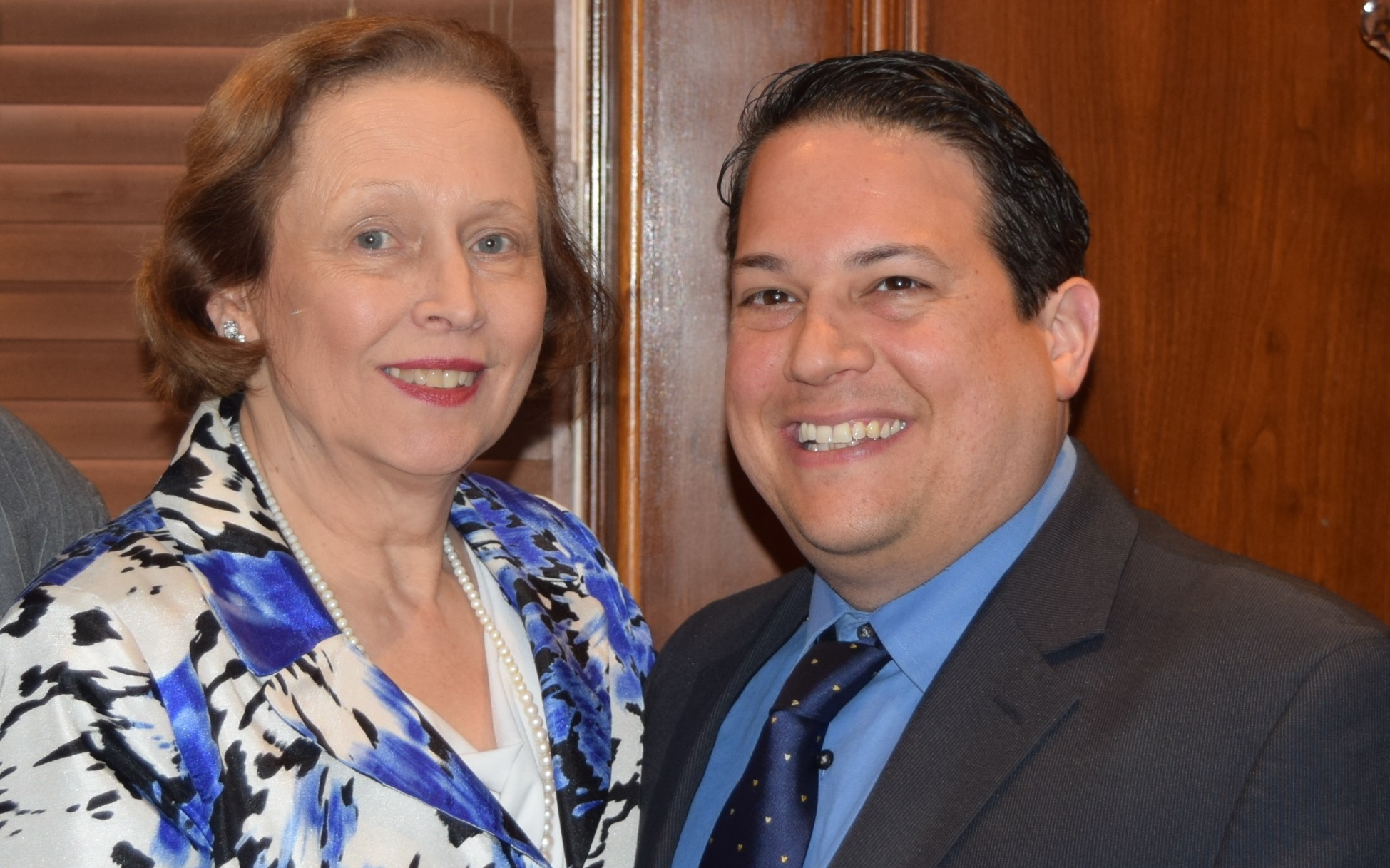
Hon. Nancy Sunshine and Craig Schatzman will be on hand to demystify the operations of the Kings County Clerk's Office for local attorneys on Tuesday, Feb. 27 at noon.
Photos: Robert Abruzzese/Brooklyn Eagle
Photos: Robert Abruzzese/Brooklyn Eagle
Leave a Comment
Leave a Comment

